Recently, 14 business associations in Vietnam jointly contributed comments to the Prime Minister 's Draft Decision promulgating reasonable and valid recycling cost norms and some proposals to effectively implement financial contributions to recycling responsibilities in the extended responsibility of manufacturers and importers (EPR), minimizing difficulties for businesses in the current situation.
The associations affirmed their commitment to supporting the Ministry of Natural Resources and Environment in its efforts to protect the environment, as well as promoting the recycling of products and packaging to promote the development of a green economy and circular economy in Vietnam.
However, the recycling costs in the draft have many unreasonably high rates because the value of recovered products according to the circular economy principle has not been deducted, and the data has many shortcomings.
According to the explanatory document attached to the draft, Fs is calculated as the average value between two results: the proposal of experts from the International Finance Corporation (IFC), the World Wide Fund for Nature (WWF) and the proposal of the Vietnam Waste Recycling Association. These two proposals have very different component costs.

Furthermore, the proposed Fs in the draft is unreasonable and is much higher than the average of other countries, when only calculating the average of the two studies with the highest proposed Fs, ignoring two other studies with much lower Fs.
The formula for calculating Fs as in the current draft completely ignores the profit factor of the recycling enterprise from recycled materials, or the recovered value of the packaging. Therefore, the proposed Fs does not follow the circular economy principle because it does not deduct the value of recovered materials.
The draft proposes an Fs coefficient of 0.3 for paper, PET bottles and aluminum; Fs of 0.5 for steel to reduce Fs for materials with high recovery value. This proposed Fs coefficient is unreasonable because for materials such as steel, aluminum, paper packaging, hard plastic bottles (PET), vehicles, recyclers of these materials are profitable, because the value of recovered materials is higher than the recycling cost.
These materials are creating jobs and profits for many workers and recycling businesses, and are almost completely collected, so there is very little risk to the environment.
Therefore, it would be unreasonable to ask manufacturers to contribute to support recyclers while those recyclers are making a profit. Moreover, these are packaging and products where the value of recovered materials is higher than the cost of recycling, so according to the circular economy principle, the Fs coefficient must be zero, the associations emphasize.
The draft also classifies means of transport into the group of products for which recycling technology is not yet common in Vietnam; or explains the application of coefficient 1.0 to means of transport,... which is not convincing.
Associations propose to apply a coefficient of 0 for materials where the recovery value is higher than the cost of recycling (such as the Danish and Norwegian models). For other materials, there are separate calculation formulas.
Many proposed Fs are very high, with the risk of causing large price increases. For example, prices could increase by 1.36% for bottled water; 0.6% for canned beer; 0.2% for milk cartons, causing difficulties for businesses as well as consumers, especially in the current difficult economic context.
To reduce difficulties for businesses, 14 associations recommended that in the first two years (2024 and 2025), focus on implementation guidelines, not apply penalties, only collect missing payments if businesses do not declare enough or incorrectly (except in cases of intentional non-declaration or intentional fraud); at the same time, allow businesses to combine both self-recycling and paying recycling support money in the same year, instead of forcing them to choose one of the two forms.
In addition, it is necessary to change the way funds are deposited; there should be preferential policies for environmentally friendly packaging or the use of recycled materials.
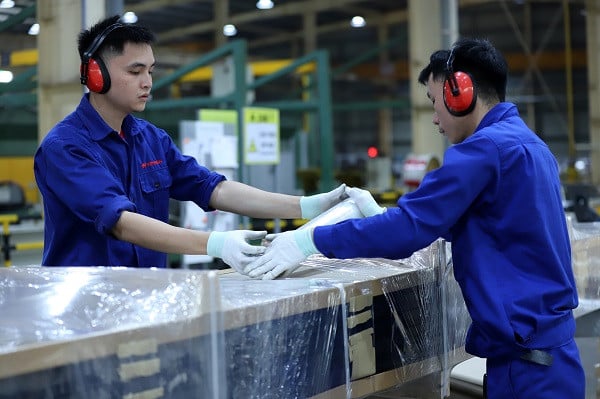
Source


![[Photo] Prime Minister Pham Minh Chinh chairs meeting on science and technology development](https://vphoto.vietnam.vn/thumb/1200x675/vietnam/resource/IMAGE/2025/5/17/ae80dd74c384439789b12013c738a045)



![[Photo] More than 17,000 candidates participate in the 2025 SPT Competency Assessment Test of Hanoi National University of Education](https://vphoto.vietnam.vn/thumb/1200x675/vietnam/resource/IMAGE/2025/5/17/e538d9a1636c407cbb211b314e6303fd)
![[Photo] Readers line up to visit the photo exhibition and receive a special publication commemorating the 135th birthday of President Ho Chi Minh at Nhan Dan Newspaper](https://vphoto.vietnam.vn/thumb/1200x675/vietnam/resource/IMAGE/2025/5/17/85b3197fc6bd43e6a9ee4db15101005b)




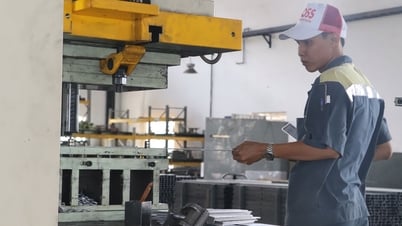



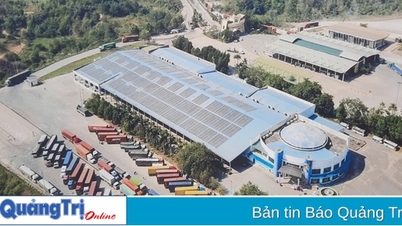




















![[Photo] Nearly 3,000 students moved by stories about soldiers](https://vphoto.vietnam.vn/thumb/1200x675/vietnam/resource/IMAGE/2025/5/17/21da57c8241e42438b423eaa37215e0e)

















































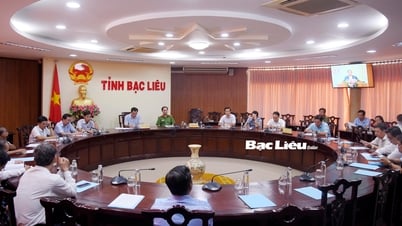
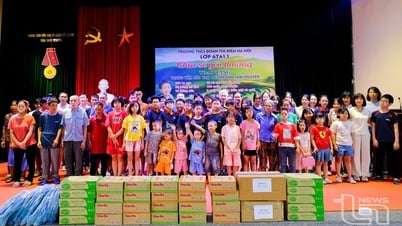

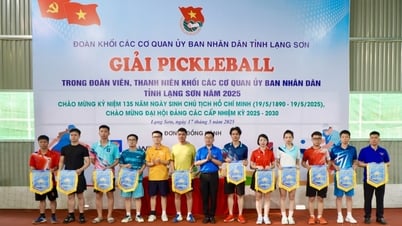
















Comment (0)